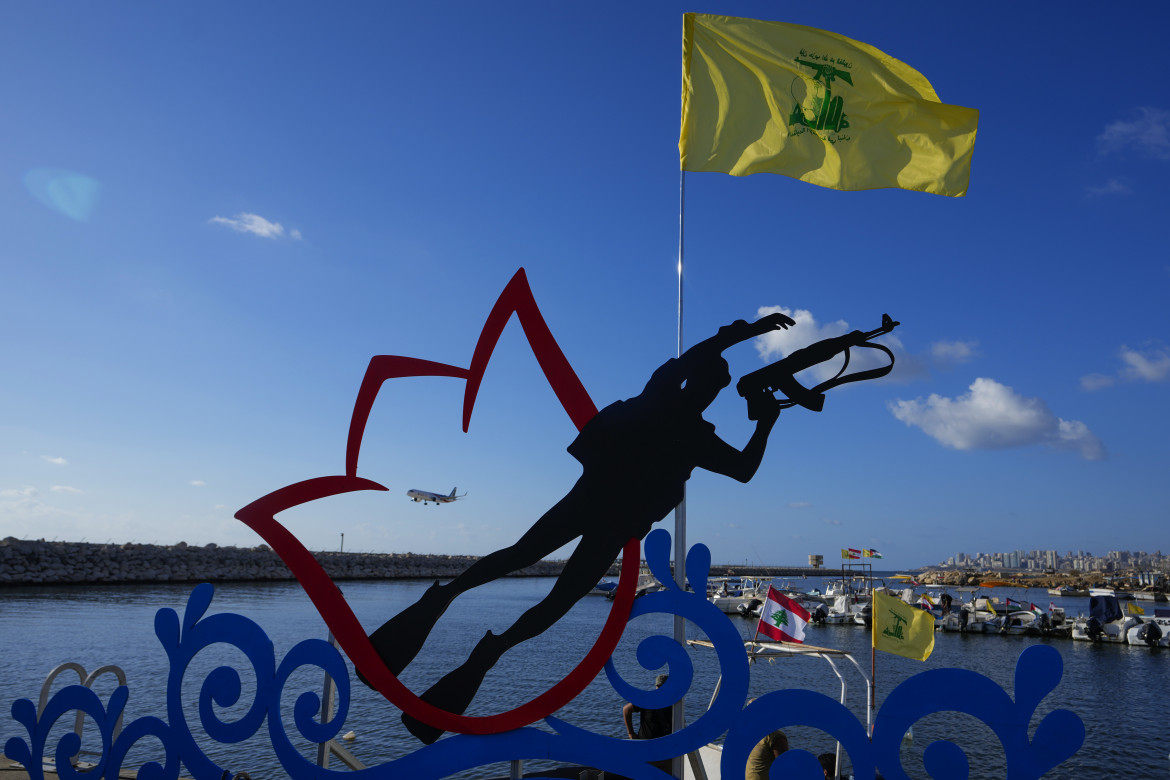Interview
Lorenzo Trombetta: ‘It’s a full-fledged war’
‘It will take veritable armies of therapists working for generations to try to help the Lebanese, Syrians, Palestinians and so many others in the region overcome the trauma caused by these events.’

We interviewed analyst Lorenzo Trombetta about the attacks carried out by Israel on Tuesday and Wednesday in Lebanon and the possible repercussions.
Many analysts interpret the attacks as an attempt to undermine Hezbollah's military capabilities in preparation for a ground offensive, depriving it of personnel and safe routes of communication. Can Hezbollah stem the losses?
Hezbollah can do so by upgrading the Lebanese state's existing fixed communication system, which exists in parallel to the telephone network. But without pagers and radar communications, it’s having great difficulty remaining operational to wage war against Israel, as it has done so far. We will only know in the coming days and months how much Hezbollah will have managed to make up for it. This morning (September 19) Hezbollah claimed the launch of drones and anti-tank rockets in the Upper Galilee, injuring at least four people. This first sign of a reaction tells us that at this point, Hezbollah is managing to remain operational. But we don’t know the details of its capability to make up for the damage done.
So far, Hezbollah, like Iran, has avoided crossing red lines from which there is no stepping back. Will it continue with this approach? And how counterproductive is this approach for it, in a way inviting Israel to continue its attacks?
Hezbollah – like Israel and Iran – does not want a full-scale war. This would destabilize its internal power structure and support. The same goes for Netanyahu and the Iranian leadership: continuously talking about war and an external threat serves the rhetoric of maintaining power, but waging open war is another matter. The red line that has not been crossed so far separates what is possible from what would be technically possible, but is politically undesirable. All of them are reactionary (not revolutionary) actors who aim to be dominant in the region and in their local and national context. Netanyahu needs Nasrallah; Nasrallah and Netanyahu need Khamenei. That said, Israel will continue to try to weaken Hezbollah, because it is a thorn in its side: since October 8, it has forced Israel to engage on at least two fronts, if not more (Gaza, Lebanon, but also the Red Sea front and that of pro-Iranian Iraqi forces, as well as Iran itself), and has put pressure on the Israeli government. It’s not a hybrid war. It’s a full-fledged war.
How do the attacks undermine the political perception of Hezbollah among the Lebanese?
Hezbollah has long been perceived unfavorably by a part of Lebanese society. And for the past year, support among its followers has also been reported as declining by sources within the party. But we are not in a context in which there is political alternation as a result of free elections, where one can think that “if I no longer agree with that party, I will no longer vote for it, and that party will lose power and seats in Parliament.” We are in a context in which the Hezbollah community is made up of individuals who are connected at three different levels: to the cultural, socio-economic and political structure of the party itself. Individuals who belong to nuclear, extended families, local power structures deeply intertwined with the party.
Could domestic political rivals take advantage if Hezbollah becomes weaker?
What tools are available to the Lebanese who are potentially hostile to Hezbollah and outside the party community to turn their dissent into a political outcome? The Lebanese political-confessional leaders hostile to Hezbollah – Samir Geagea of the Lebanese Forces or Maronite Patriarch Bishar al Rai – employ anti-Hezbollah discourse from time to time. But in the management of power at the highest level, they are part of the crony-patronage system just like Hezbollah. They are all leaders aligned around a single strategic interest: to retain power, to come up with institutional and extra-institutional arrangements, to Lebanese society along vertical-confessional lines in order to prevent any horizontal alliances from arising on the basis of the principle of citizenship.
The Israeli attack was an indiscriminate one, terrorizing the civilian population. What effect is it having on the population?
In Lebanon as in Syria, society has long been traumatized by an endless series of rights violations by their political leaders and external actors, primarily Israel. These two operations on September 17 and 18 have caused profound pain and dismay, to the point that they left so many silent, afraid, terrified. I know several people in Lebanon who have never been sympathetic to Hezbollah, but who burst into tears when faced with this carnage: they described the streets where some of the explosions took place as a “war zone.” It will take veritable armies of therapists working for generations to try to help the Lebanese, Syrians, Palestinians and so many others in the region overcome the trauma caused by these events.
Originally published at https://ilmanifesto.it/lorenzo-trombetta-i-regimi-vivono-di-retorica-della-guerra on 2024-09-20
